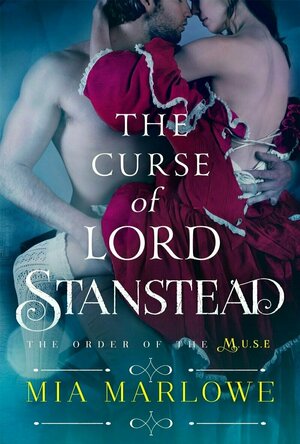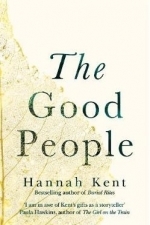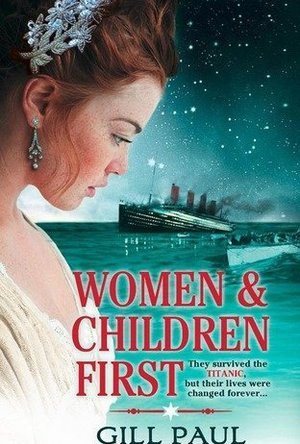
Women and Children First
Book
She was the most magnificent ship ever built, yet on the eve of 14th April the Titanic sank in the...
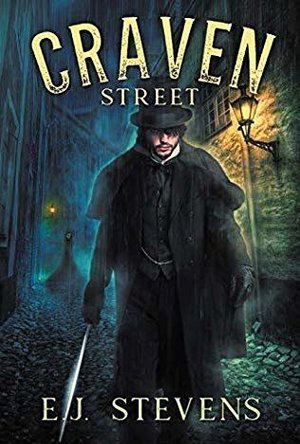
Craven Street (Whitechapel Paranormal Society #1)
Book
In this spellbinding novella, E.J. Stevens weaves a tale of murder, necromancy, and demonic...
Paranormal Mystery Historical
Merissa (13792 KP) rated The Curse of Lord Stanstead (The Order of the MUSE #1) in Books
Apr 14, 2023
The Order of the M.U.S.E. is a secret society that you learn about as you go on. They have various members who are capable in various ways. The latest 'recruit' is Cassie, an emergent fire mage who needs help controlling her element. But this is also during the time of the 'mad King George' and it is the Order's job to protect royalty against any who would harm them. Where there is yin, there is yang and although it is only mentioned in passing, you are left with the impression that there is another Order there who seeks to harm, not help.
This is very well written and gives you a good insight on the ton and the rules and regulations that would need to be followed to be part of Polite Society. The plot is smoothly written and moves along at a fair pace, never slumping.
A warm-hearted story with a hint of mystery, a dash of the paranormal and more than a tinge of hot romance. Definitely recommended.
* A copy of this book was provided to me with no requirements for a review. I voluntarily read this book; the comments here are my honest opinion. *
Merissa
Archaeolibrarian - I Dig Good Books!
Jul 28, 2015
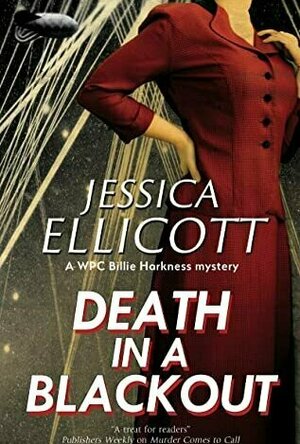
Death in a Blackout
Book
The first in a brand-new WWII historical mystery series introduces WPC Billie Harkness - a female...

All That is Hidden
Book
"Retired" detective and police captain's wife Molly Murphy Sullivan tangles with Tammany Hall in the...
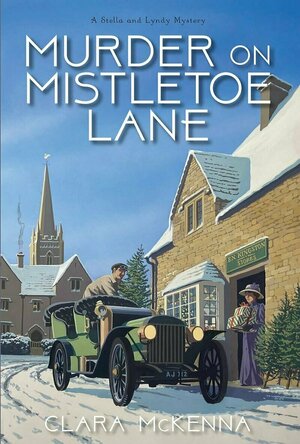
Murder on Mistletoe Lane
Book
American heiress Stella Kendrick and her husband, British aristocrat Viscount “Lyndy” Lyndhurst,...

Contesting the Wool
Book
It's curtains for somebody at the reading of the will... Poly Monroe never expected to inherit...
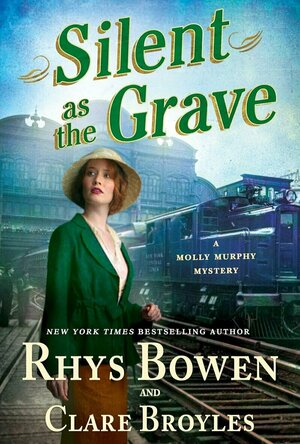
Silent as the Grave
Book
Retired Detective Molly Murphy Sullivan goes undercover in the next book in the New York Times...
Zuky the BookBum (15 KP) rated The Good People in Books
Mar 15, 2018
This is my first Hannah Kent novel, and I absolutely loved it! As far as Historical Fiction goes, its not the best Ive ever read, but I always have a soft spot for it, so it always gets a good rating from me!
I really enjoyed this story, even though it honestly doesnt feel like an awful lots happens until right at the end. Kent is so good at transporting you into her story that you feel as though you are living with the characters.
This novel is set in Ireland in 1825, filled with small village life, religion, and superstitions. Kent is really good at weaving a beautiful story that sucks you right into the early 1800s. Youre instantly immersed in the villagers lives, and especially Noras misfortune and troubles.
Characters in this one are stunningly done. There are three main characters we follow closely throughout, Nora, Mary, and Nance. Its amazing how easy it was to get to know them, and how easily you can feel so many different emotions with and for them.
In terms of story, I did think this one was going to be that little bit more fast paced and have more elements of a mystery, but even without those two things, this is still a terrific read! I do really love a slow paced historical fiction, even ones like these where it doesnt feel like much is actually happening in the book. This is definitely more of a character study kind of book, rather than plot driven book.
Overall, I really liked this one! Im sorry the review is short but I honestly dont really know how to review this other than saying its beautiful, fantastically well written, and pretty emotional (I cried at the end)! Definitely pick this up if youre looking for a slow drama.
<i>Thanks to Netgalley and Little, Brown and Company for sending me a copy of this book in exchange for an honest review.</I>
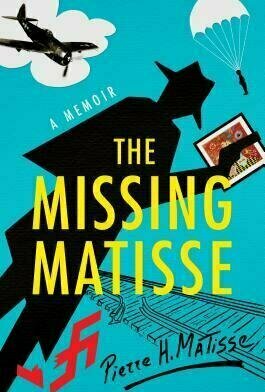
The Missing Matisse: A Memoir
Book
Nazi planes were bombing Paris the day a lifelong, more personal war began for Pierre. It was the...
